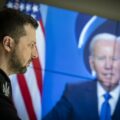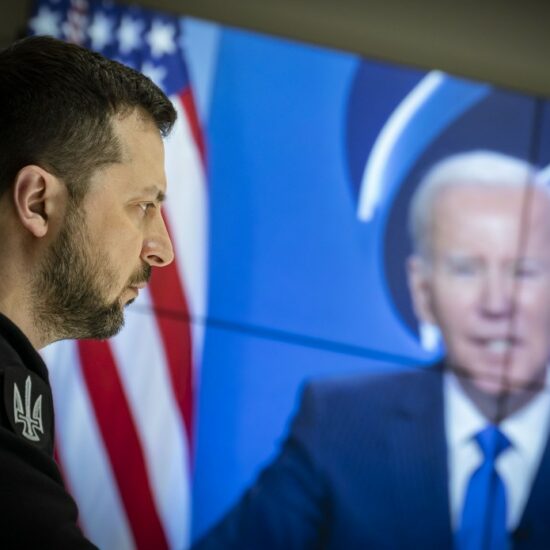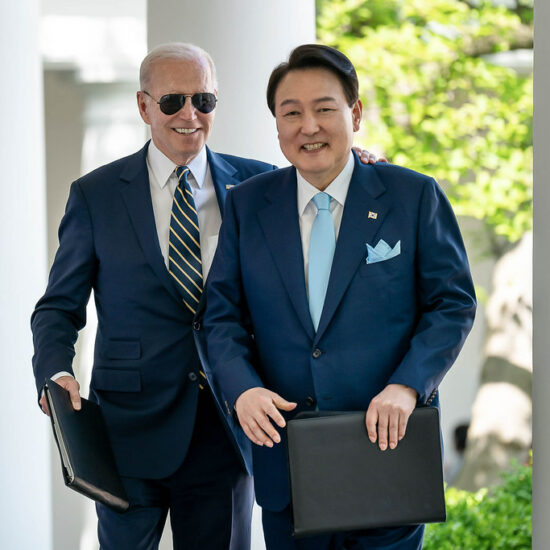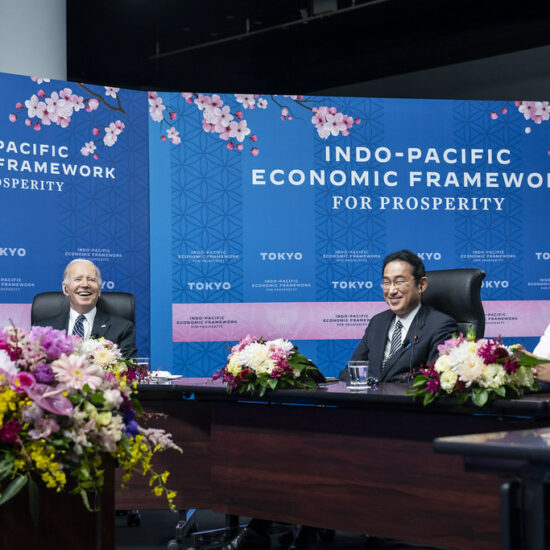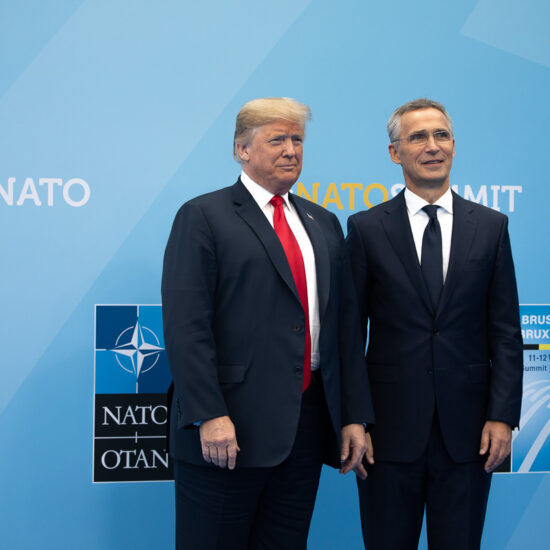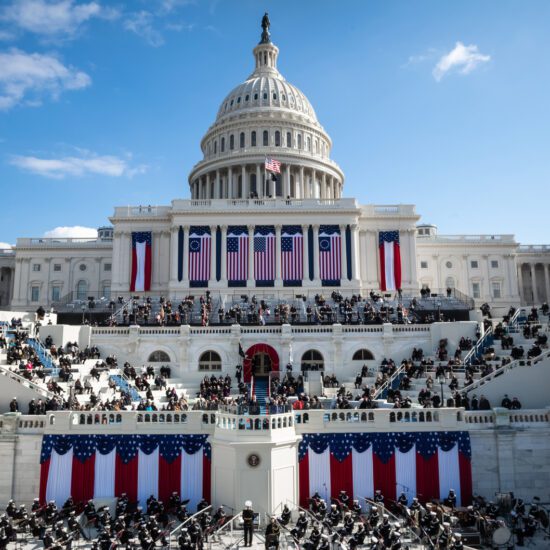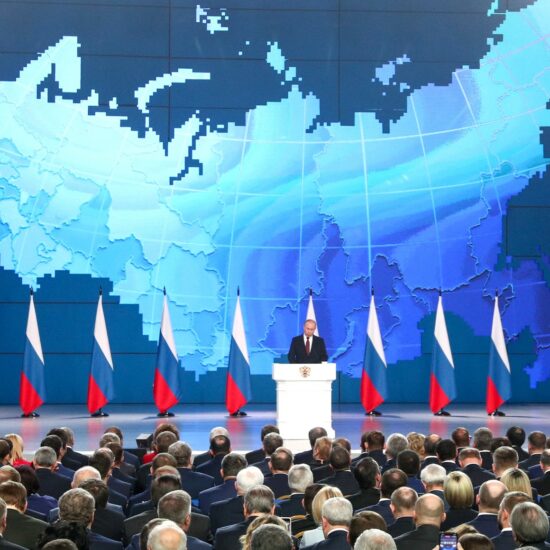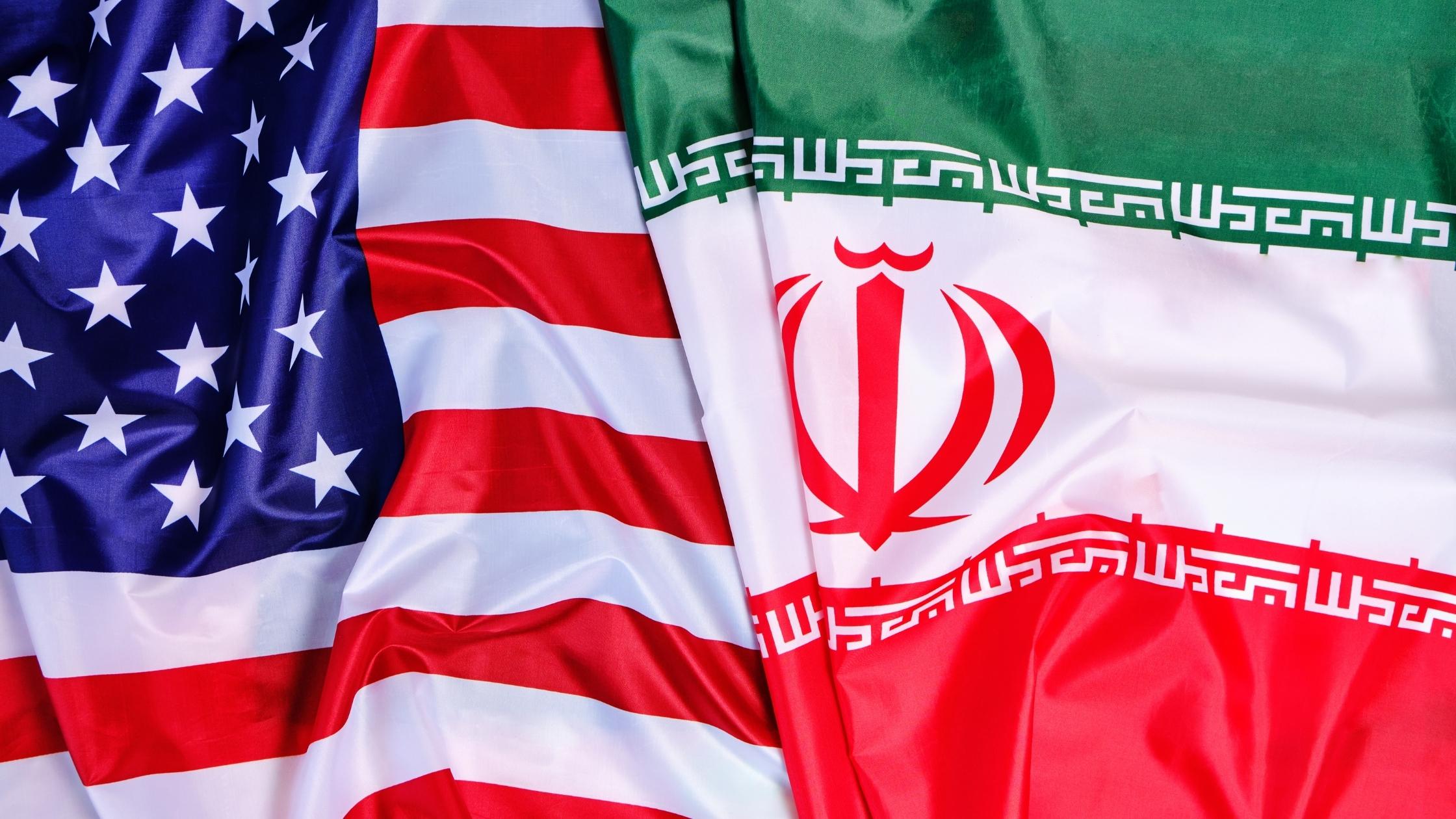
No Progress Made in EU-Mediated Nuclear Talks in Qatar
During the European Union’s foreign policy chief Josep Borrell’s visit to Tehran, Iran and the United States agreed to hold EU-mediated talks in Qatar. The talks were held in-directly and outside the P4+1 framework.
The negotiations were reportedly fruitless, and it remains to be seen whether the two countries can reach a compromise over the remaining contentious issues—most notably differences surrounding a US guarantee to not withdraw from the JCPOA again, as well as issues pertaining to the delisting of Iran’s Revolutionary Guards Corps (IRGC) from the US Foreign Terrorist Organization (FTO) blackist. The FTO effectively sanctions the entirety of the IRGC, including its economic arm, which wields wide-ranging influence across the Iranian economy.
While agreeing to the talks in Doha, Washington has already stated that it will not discuss issues that fall outside the purview of JCPOA, pointing to Iran’s demand for lifting the IRGC ban. Nonetheless, Washington has refrained from publicly announcing its decision to keep the IRGC in the FTO, providing room for a diplomatic resolution.
The US had previously offered to delist the IRGC in return for an Iranian commitment to not exact revenge for the assassination of General Soleimani and avoid targeting current and former US officials, as well as a commitment to reduce Iranian activity in the region, limiting its support for Houthis in Yemen and Hezbollah in Lebanon. Iran had reportedly rejected this proposal.
Meanwhile, as the talks remain stalled, Washington has reportedly brokered a summit with Riyadh and Tel Aviv to discuss Tehran’s missile and drone capabilities, with Israel and Saudi Arabia holding talks over the joint defence against Iran. President Biden is also expected to visit Saudi Arabia and Israel, potentially facilitating relations between the two regional powers. However, the visit to Saudi Arabia is also intended for lowering oil prices and reducing political pressure at home.
Expert Analysis: JCPOA After Doha
The end of the JCPOA has been predicted for some time, but the Doha talks suggest the door is finally clicking shut. Although neither side has acknowledged definitive failure, the US and Iran appear to have reached the end.
Yet the war in Ukraine has changed the equation, most critically, by putting Europe more squarely back in a bargaining position. Iran’s Petroleum Minister, Javad Owji on June 28th blamed US sanctions on Iran for worsening the world’s energy crisis, a position supported by French President Macron at the G7 summit when he observed world powers now had to consider bringing Iranian and Venezuelan oil into the market, despite US sanctions.
As the shuttle negotiator between the US and Iran, Europe carries clout as to what is discussed, when, and how. It now has good reason, as gas shortages in the winter threaten to dim Europe’s lights, to take a stronger stand and ensure the negotiations don’t peter out. This remains the case, even though Iran-EU diplomatic relations are souring following Tehran’s accusations of spying by the UK and Austrian embassies.
Compelling for the EU is that a revival of Iranian oil exports under a renewed JCPOA would make the sanctions on Russia more effective. Currently, China is buying from both Moscow and Tehran in contravention of US secondary sanctions. If these are lifted from Iran, which has sufficient capacity to fulfill China’s needs, Beijing would likely shed its deals with Russia.
The JCPOA negotiations appear to have come full circle. Today it is Europe that is feeling the pinch, and on which the deal now depends.
Roxane Farmanfarmaian is the Director of International Relations and Global Studies at the University of Cambridge Institute of Continuing Education.
This analysis was published by IPD as part of its bi-weekly Iran Bulletin. Click here to subscribe for more exclusive analyses on JCPOA negotiations and tensions over the Iranian nuclear program.

